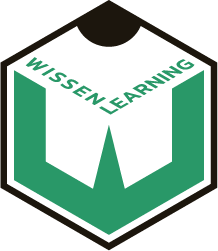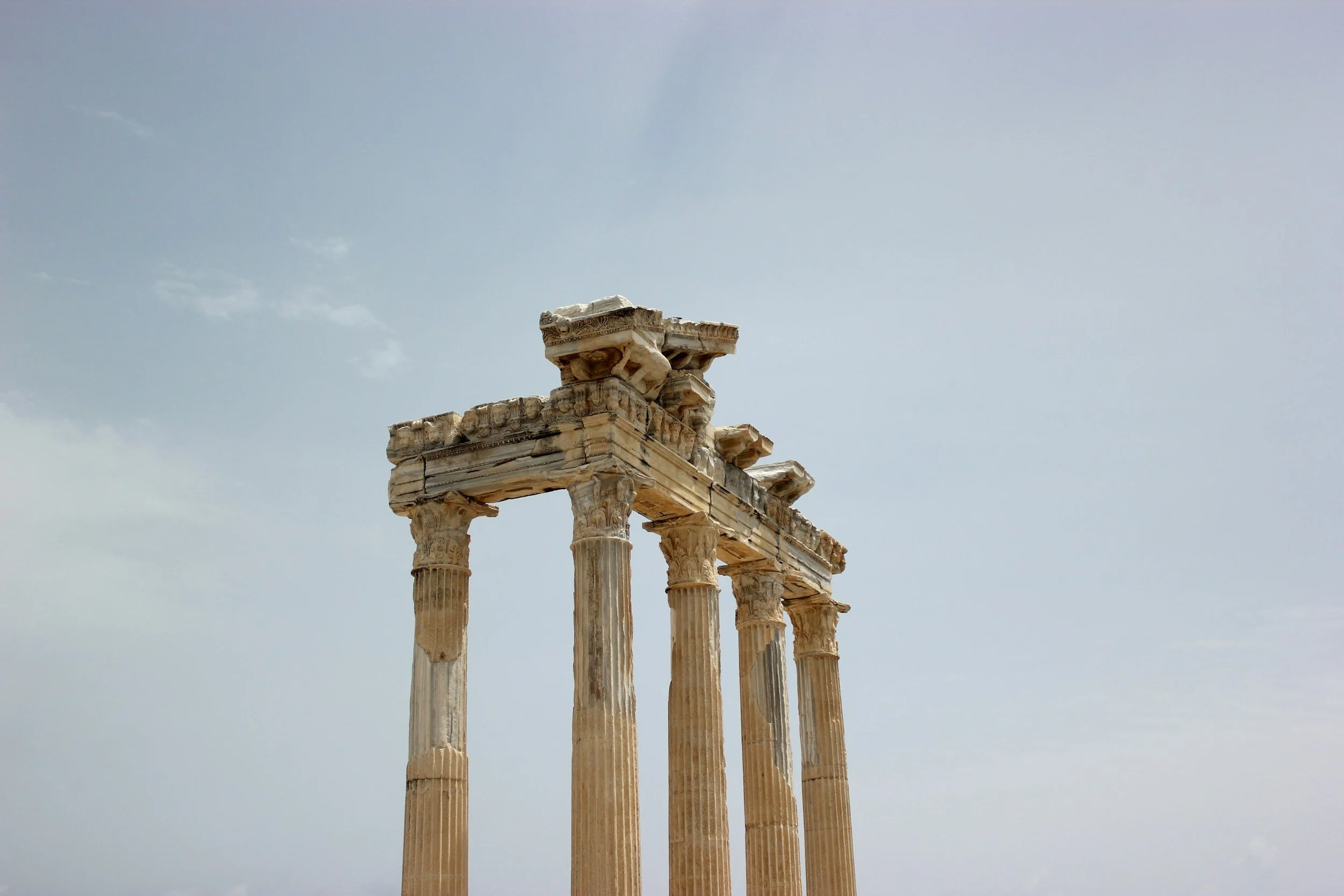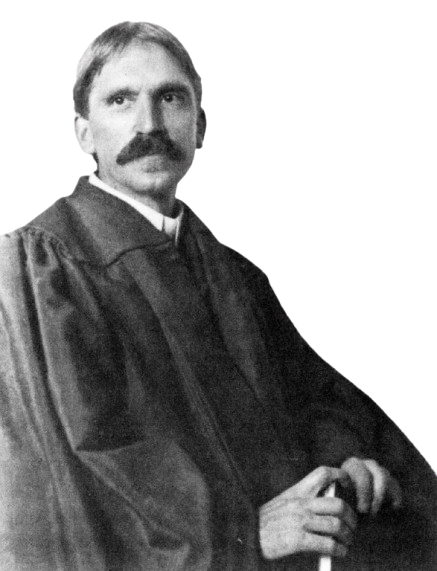Our curriculum pillars:
General Paper,
But different
No more boring lectures, repetitive droning and content regurgitating. We prioritize choice-based education, where students are involved in their own learning, every step of the way.
-
With the new syllabus (Syllabus 8881), Paper 2 places a stronger emphasis on comparative analysis and tests students on their ability to “comprehend, infer, analyse, evaluate, summarise and synthesise”. Our case-study based learning method gives you the best of both worlds - exposing you to think pieces and articles on current affairs to help you acquire content knowledge that is critical for acing Paper 1 essays, while training your Paper 2 skills; to dissect, critically analyse and understand texts.
-
Using the dialectical method, students are encouraged in classes @ Wissen to engage in constructive, meaningful debates involving opposing viewpoints and to reach sophisticated, refined conclusions through these debates. Class discussions prime our students to develop their own argumentative flair - training them to develop both the technical skills and persuasive styles of fundamental importance in Paper 1 essay writing.
-
At Wissen, apart from our lively discussions and case study based learning, we emphasize the importance of knowledge retention and retrieval, and strive to equip students with the ability to easily access and apply all the General Paper Knowledge they have gained during lessons with us. These skills are trained in our routine practices and mock assessments, allowing students to gain experience and practice in both Paper 1 and 2.
-
At Wissen - we believe that digital and A.I. literacy should be made mainstream - learning to use learning tools to condense and compile notes effectively and AI to generate feedback loops can greatly supplement student learning. At Wissen, one key aspect of our curriculum aims to teach students to use AI tools critically - we believe that as AI becomes an increasingly prevalent part of learning, so must students learn to use it wisely and effectively.
Wissen gives you the tools to succeed:
Content Mastery
01
With Wissen, our students gain access to a wide range of relevant content, presented with in-depth analysis, ensuring that insightful, applicable current affairs knowledge is available at their fingertips.
Critical Thinking
02
Our in-class exercises, debates, practices and discussions train students to be able to unpack and critically analyze essay questions and comprehension passages, allowing them to efficiently navigate a diverse range of topics.
Knowledge Application
03
We don’t just teach content - we teach students how to draw on the wide array of resources at their disposal to acquire new knowledge. Through class exercises and practice questions, students are encouraged to put their newly acquired knowledge to test.
Effective Examination Strategies
04
Skills-based learning ensures that our students are equipped with exam-savvy strategies to breeze through both papers; from question analysis to summary skills, right down to effective time management - our students enter examinations ready to succeed.
Our Methodology: What learning with Wissen looks like
Some quotes which inspire our teaching
John Dewey, American Philosopher and Psychologist
“Give the pupils something to do, not something to learn, and the doing is of such a nature as to demand thinking; learning naturally results”
John Dewy (1859–1952) was known for his educational theories and experiments which had global reach, and his psychological theories that influenced that growing science.(Adapted from: Stanford Encyclopedia of Philosophy)
George Wilhelm Friedrich Hegel, German Philosopher
“Education to independence demands that young people should be accustomed early to consult their own sense of propriety and their own reason. To regard study as mere receptivity and memory work is to have a most incomplete view of what instruction means”
George Wilhelm Friedrich Hegel (1770-1831) was best known for his attempts to elaborate a systematic philosophy from a purportedly logical starting point. He covered an extensive range of topics, from philosophy to theology. (Adapted from: Stanford Encyclopedia of Philosophy)






